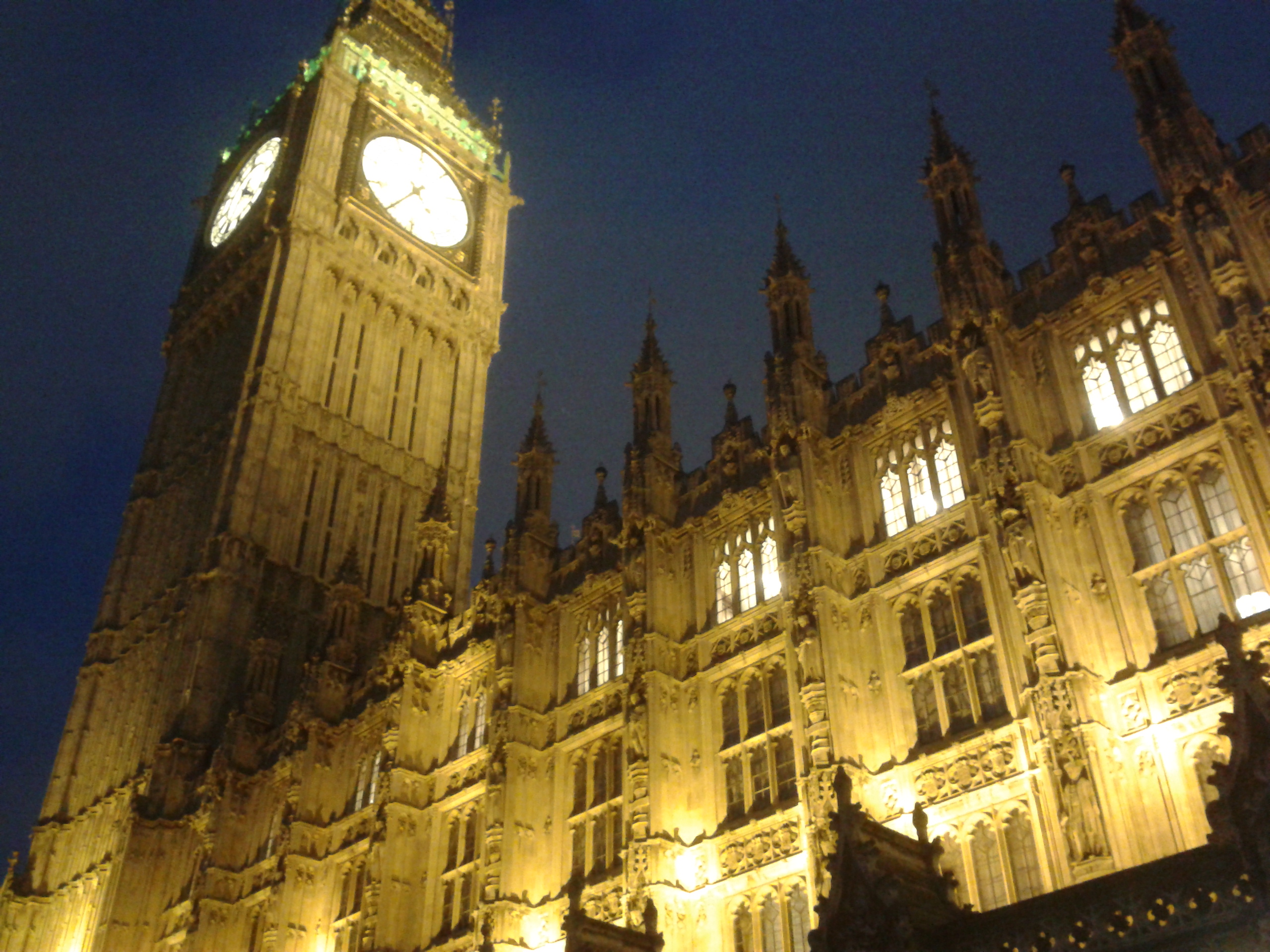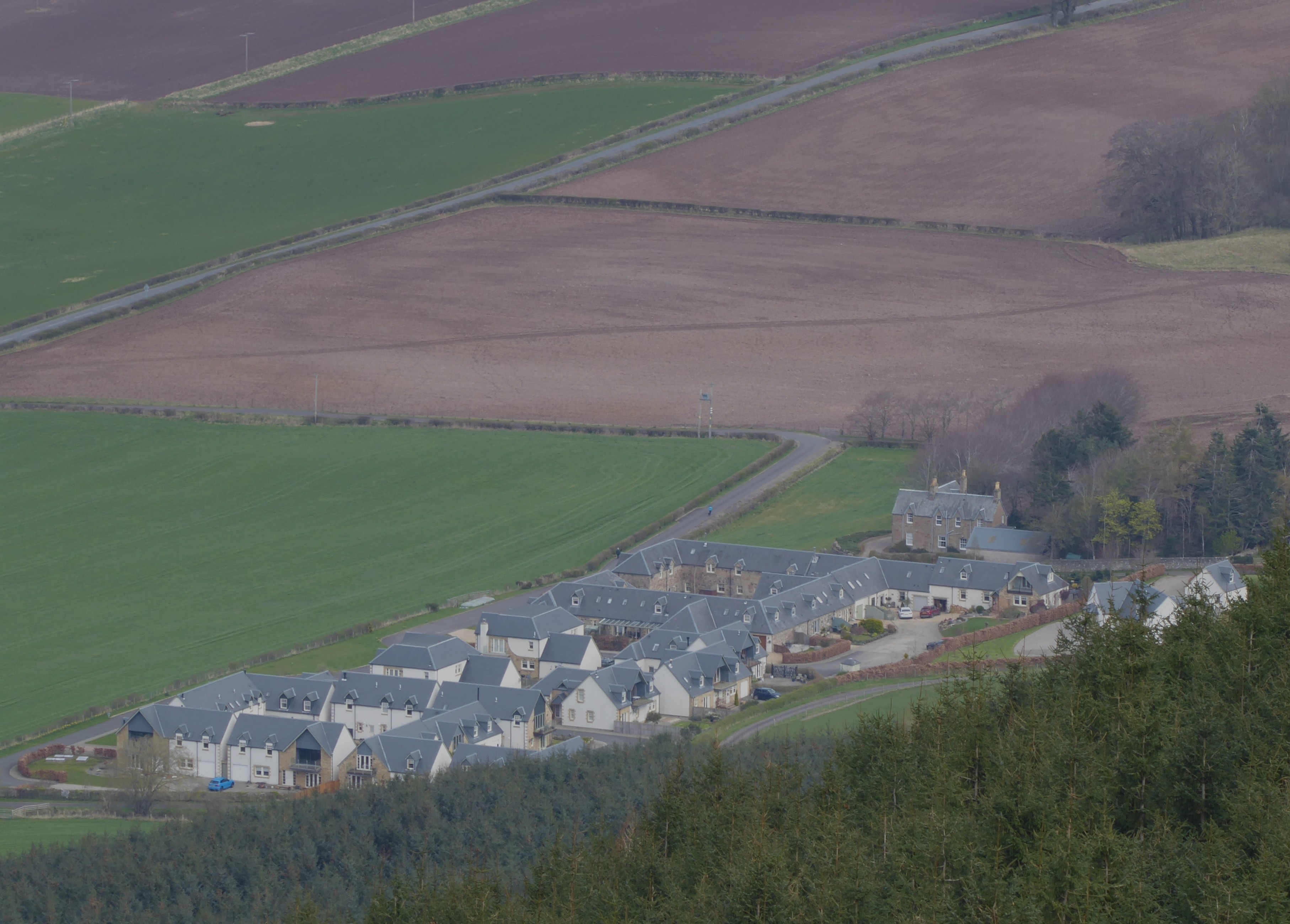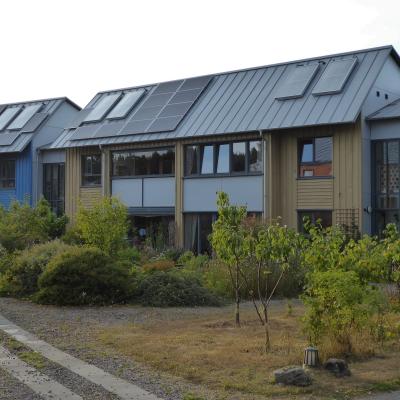In this blog I will explore the concept of frequent flyer programmes. I argue that they help to create a culture that encourages flying and is bad for the environment. They can also cause a conflict of interest when flights are paid for by an employer but the employee benefits.
Introduction
I was inspired to write this blog following a conversation with someone who has amassed 200,000 air miles and wasn't sure what to do with them.
The aviation sector is a large emitter of carbon dioxide and has additional adverse impacts on our climate (contrails and nitrous oxides). Global emissions from aviation are rising steadily and there are no technological tools available that will substantially reduce global emissions in this decade or next. Even as new technology comes on stream it takes decades for this to permeate through the aviation sector. Perversely, aviation is currently undertaxed compared to other industries, for example there is no tax on kerosene. For all these reasons, we should not be doing anything to encourage increased consumer demand for flights.
What are Frequent Flyer Programmes?
Frequent flyer programmes are loyalty schemes for customers run by many airlines. Members receive two types of points when they buy air tickets:
- Tier points allow members to reach different ‘levels’ eg bronze, silver, gold. The level you are at enables you to access benefits such as access to airport lounges (with free food and drink), priority check-in and boarding.
- Reward points (or air miles) can be exchanged for free or reduced-price flights and seating upgrades to business or first class.
How do you collect points?
You collect points by booking flights with eligible airlines and are awarded more points (per £ spent) if you have reached a higher level in the scheme. Longer flights and more expensive flight options such as business class and first class, attract more points.
You can also collect points from buying goods and services from affiliated companies such as hotel chains, car hire and credit cards. Despite their stated green credentials, you can swop Tesco Clubcard points for Virgin Points. You collect Clubcard points from shopping at Tesco’s or using their credit card. Tesco's website says that as a Virgin member you can “make your travel experience so much more rewarding with exclusive benefits to make your journeys unforgettable.”
Who collects points?
Both business and leisure travellers can collect points, but it is dominated by the business traveller market. Apparently, Ton Stuker, a car dealership consultant, has clocked up over 24 million miles on 12,000 flights.
This is big business. The frequent flyer programmes operated by United Airlines, Delta and American Airlines are each thought to have over 100 million members.
Although the flights are paid for by the company, it is normally the individual who chooses which airlines and flight timings they take. This creates a potential conflict of interest as the individual benefits from the perks.
Normally all income and perks for an employee are treated as a taxable benefit, but the HMRC (in the UK) has agreed to waive air miles from taxation.
Many of these same businesspeople also choose to take a lot of leisure flights, often subsidised by the points they collected at work.
What’s the Problem?
Frequent flyer schemes encourage inefficiency, more flights to be taken and increased emissions. The potential to collect more air miles may encourage businesspeople to:
- book unnecessary flights, perhaps instead of a more efficient teleconference;
- avoid budget airlines (which don’t offer air miles);
- book more expensive flight options such as business or first class; and
- take additional, unnecessary flights to maintain their ‘level’ and associated perks.
Frequent flyer programmes help to create and maintain a culture that normalises and encourages flying amongst businesspeople and the relatively affluent. They create additional climate emissions by:
- the additional demand for leisure flights created by the discounts awarded;
- providing an incentive to employees to take unnecessary business flights; and
- encouraging upgrades to business and first-class travel for business and subsequent leisure flights.
People travelling in business and first class are allocated more space on the plane, fewer passengers can be carried and the emissions per person therefore increase. Emissions from business class are 3 times more carbon intensive than standard class, whilst first class emissions are 4 times as intensive (Defra emission factors 2023).
UK Bribery Act
Frequent flyer programmes could influence an employee to act in a way that is not in the best interests of their company.
For business travellers, it could be argued that frequent flyer programmes create a conflict of interest. The UK Bribery Act 2010 defines a bribe as “any advantage given to influence a person in the carrying out of a function connected with their work or office”. Clearly frequent flyer programmes are designed to influence a person. Legal interpretation is beyond my area of expertise, and there may be exemptions, but this is surely one for companies to think about?
For example, at my work I must get my manager’s approval before I can receive any hospitality. I need to register, and get approval, for any gift more than £25. Anything that could, or be seen to, influence my decision making would not be approved.
What should I do with my Air Miles?
If you are ‘lucky’ enough to have collected air miles and are having doubts about using them on yourself then there is another option.
You could use your air miles as a discount towards your next business flight. However, this is difficult unless the employee pays for the flight themselves and then claims the cost on expenses. Many businesses require flights to be booked using their company appointed travel agency.
Most frequent flyer programmes will offer you the chance to donate your rewards to one of their approved charities. For example, some airlines will allow you to donate to the Red Cross, to help fund their essential international travel. Of course, the airlines promote this as part of their Corporate Social Environmental agendas.
So, back to my initial conversation. Their 200,000 Avios points are nominally worth around £2,000. They could be exchanged for sixteen off-peak return trips from London to Barcelona or eight return trips to New York. They could be donated to charity, or simply allowed to expire (which I guess is a 'win' for the airline).
Discussion
Airlines argue that their frequent flyer programmes are a legitimate form of marketing designed to win market share from their competitors. However, frequent flyer programmes:
- encourage a culture of flying amongst businesspeople and the relatively well off by normalising, ‘gamifying’ and rewarding travel;
- create a potential conflict of interest (and additional costs to the company) when deciding whether to travel, and which airline and flights to choose;
- increase carbon emissions by subsidising subsequent leisure flights.
I do have sympathy for people who must travel as an essential part of their job. Travelling can be stressful and tiring, and sometimes takes place in an employee’s own unpaid time. Access to decent lounges and perks may be justified – but should be paid for in the price of the ticket.
What I think cannot be justified is anything that incentivises more flights, and steers people towards less carbon efficient forms of travel.
Action
Changes to frequent flyer programmes could help companies to decrease their business travel costs, would help businesspeople to avoid any potential conflicts of interest and would be a win for the environment.
Ideally governments would review and regulate frequent flyer programmes to ensure they do not incentivise more flights.
In the meantime, each company should review its travel and conflict of interest policies. They could ban their employees from using air miles, require them to be donated to charity or insist that they are used on future business flights.
If the air miles belonged to the company, rather than to the individual, this would take away the conflict of interest, would reduce company travel costs and eliminate the additional leisure flights. However, this change might require a significant change to frequent flyer programmes as currently the points are allocated to an individual, and not to the employer.
Companies like Tesco’s should consider if their partnerships with frequent flyer programmes are compatible with their stated environmental objectives.
Will this make a difference? I do think that anything that directly encourages people to take more flights is immoral. Air miles help to create a culture of flying which we should address head on.
If you like this blog, please share it.
--------------------------------------------------------------------------------------------------------------------------
Carbon Choices
To get first sight of my new blogs, email me at This email address is being protected from spambots. You need JavaScript enabled to view it. with the header “please subscribe”.
You might also enjoy my book, Carbon Choices on the common-sense solutions to our climate and nature crises. Available from Amazon or a signed copy direct from me. I am donating one third of profits to rewilding projects.
Please follow me on social media:
LinkedIn, X, Facebook, Instagram









